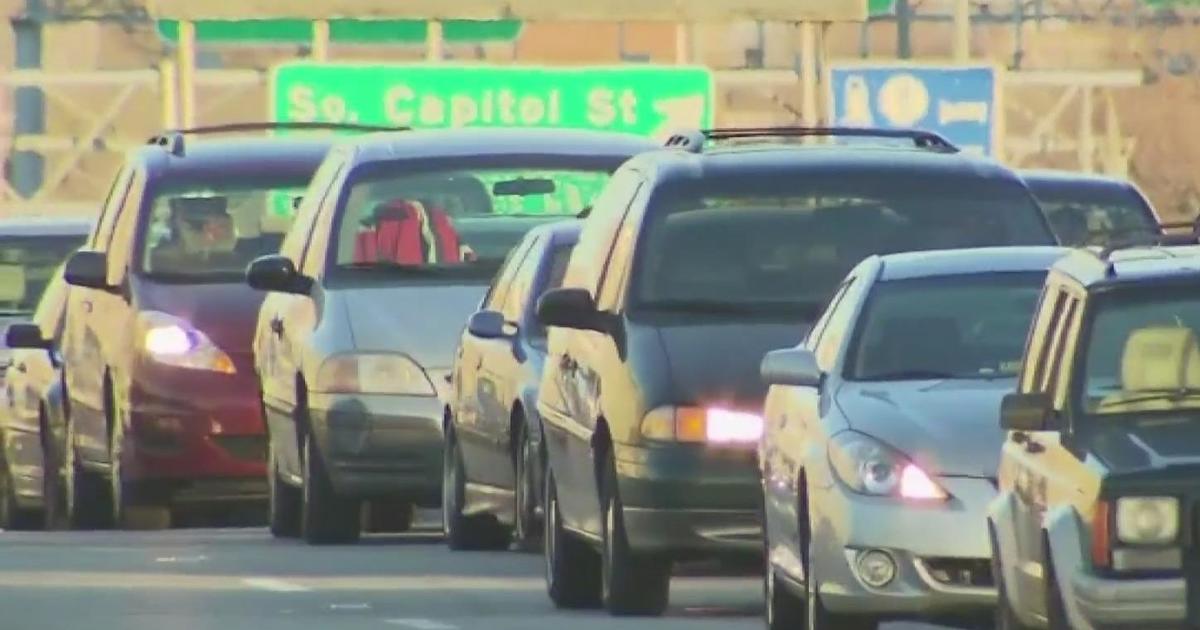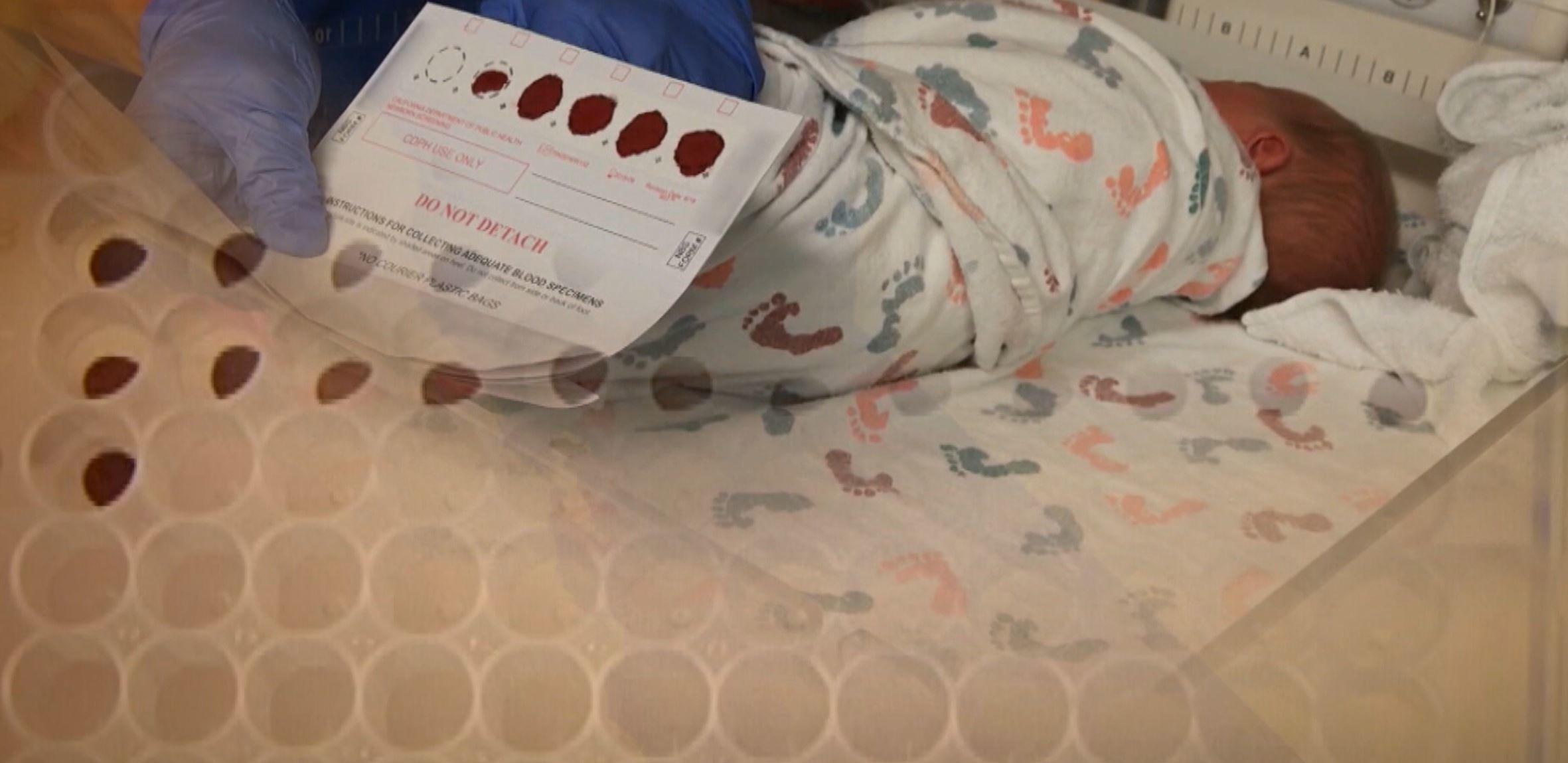Bill Cuts Fingerprinting From Welfare Application
LOS ANGELES (AP) -- California would no longer fingerprint recipients of welfare and food stamps under a bill the state Assembly approved Wednesday.
Assemblyman Felipe Fuentes, a Democrat from Sylmar who sponsored the bill, said fingerprinting does little to deter fraud.
"The federal government has asked us, California, to remove this restriction or risk losing hundreds of millions of dollars of federal aid," he said. "California is one of three states in the union that requires its aid applicants to be fingerprinted -- one of three states."
No Republicans voted for AB6, but Assemblyman Brian Jones, of Santee, said he approved of 75 percent of it. He would have voted yes if not for the elimination of fingerprinting, which he said would invite abuse.
"Now we're going to open the flood gates," Jones said.
Part of the state budget proposal also would eliminate fingerprinting for recipients of in-home supportive services. Former Gov. Arnold Schwarzenegger said fingerprinting and other safeguards for that program would save the state $130 million in fraudulent claims.
But supporters of Fuentes' legislation said the forensic program costs more money than it saves. The state spends roughly $17 million annually on the fingerprinting.
His bill also reduces counties' reporting requirements from four times a year to two and allows families with home energy subsidies to qualify automatically for welfare and food stamps.
The bill passed 43-23 and moves to the Senate.
Though AB6 addresses both welfare and CalFresh, the name of the food stamp program in California, it focuses on the latter, where there is more data available.
Only half of eligible California residents got food stamps in 2008, below the national average of 66 percent, according to a U.S. Department of Agriculture report released early this year.
Fuentes hopes his measure will make it easier for families to collect the public benefits, to the tune of an extra $850 million from the federal government.
The assemblyman cited the USDA in saying every $1 toward CalFresh stimulates $1.79 in local economic activity.
Fuentes expects the entitlement programs' enrollment growth to add $23 million to the state General Fund. Families on CalFresh take the money they would have spent on groceries and spend it on taxable goods, he said. That ongoing revenue would more than offset the bill's implementation cost of $18 million.
(Copyright 2011 by The Associated Press. All Rights Reserved.)



